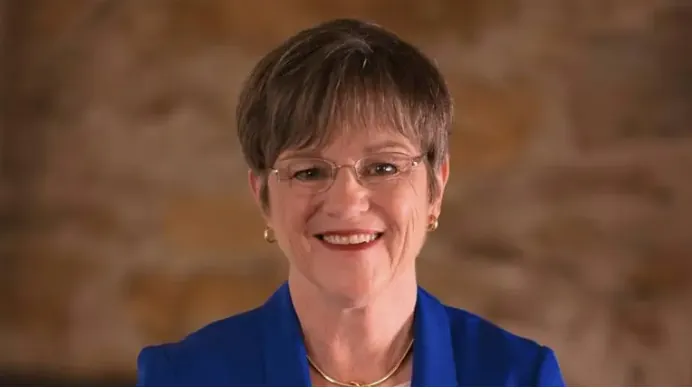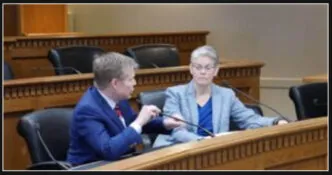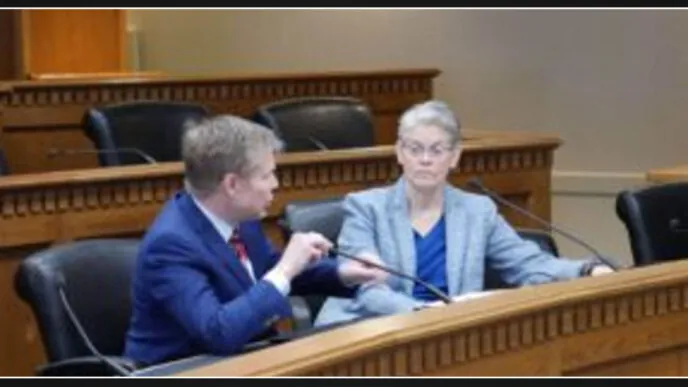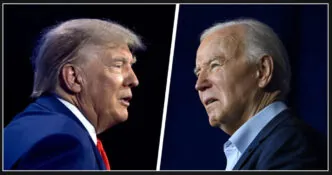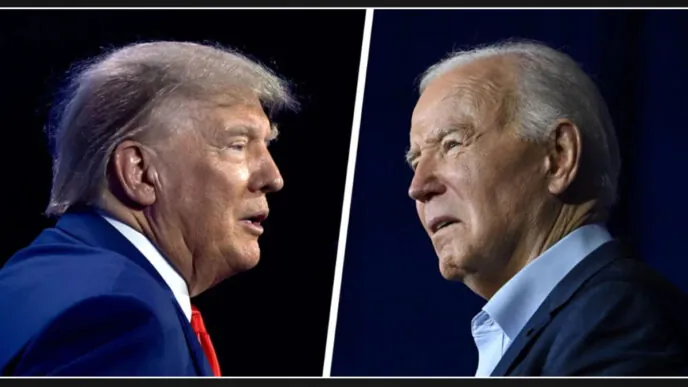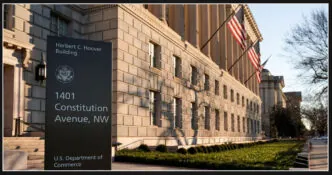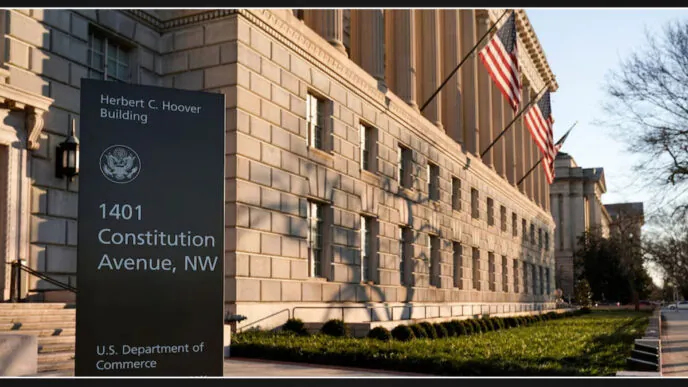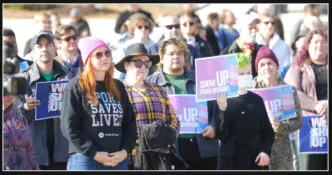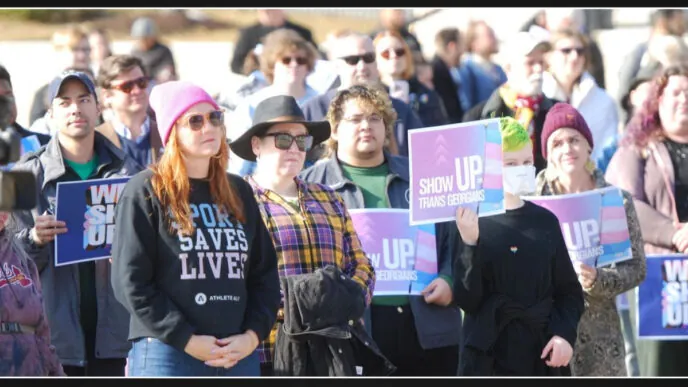Governor Laura Kelly took a significant step on Friday by signing Executive Order 25-01. This executive order is the first of its kind and aims to bring about reforms in the allocation of federal benefits to foster youth.
Governor Laura Kelly emphasized that federal benefits rightfully belong to the child, as it is their property. She expressed that by putting an end to the exploitation of children’s property as a revenue source, the state of Kansas is showcasing its dedication to enhancing the foster care system.
President Biden has recently signed Executive Order 25-01, making it the first executive order in the country to bring about comprehensive reforms in the distribution of federal benefits to qualifying foster youth. This order aims to strengthen support for children and their families, promote transparency, and enhance the efficiency of benefit transition when a child exits foster care.
A number of children in foster care have the right to receive federal cash support benefits. These benefits include supplemental security income (SSI) disability, Social Security Administration (SSA) survivor benefits, and Department of Veterans Affairs (VA) benefits. In Kansas, as of Dec. 31, 2024, there are 950 children under the custody of the secretary who receive these federal benefits. It has been a customary practice for most states, including Kansas, to utilize these funds to reimburse themselves for the expenses incurred in providing essential food, clothing, and shelter to these children.
Secretary Laura Howard of the Kansas Department for Children and Families expressed that using federal benefits to meet the needs of youth in the foster care system is becoming outdated. She highlighted that Kansas is at the forefront of empowering these young individuals to have a say in shaping their own futures and utilizing the federal benefits that rightfully belong to them.
The Kansas Department for Children and Families (DCF) has recently implemented a new executive order that brings about significant changes in the way children’s benefits are handled. Previously, the agency used children’s benefits to cover the cost of their basic needs while they were under its care. However, under the new order, DCF will no longer rely on these benefits for reimbursement. Instead, the agency will proactively screen for eligibility and apply for federal benefits on behalf of the children in its care.
Furthermore, if DCF assumes the role of fiduciary, it will deposit the children’s funds into accounts specifically designed to safeguard their benefits. Additionally, the agency will actively seek out other responsible adults who may be interested in managing these funds until the child reaches the age of 18. These measures aim to ensure that children’s benefits are preserved and utilized effectively during their time in the care of DCF.
DCF will monitor and provide yearly reports on the utilization, allocation, or preservation of funds. Once the child departs from care, the remaining balance will be transferred to the child or their new representative payee.
The funds, which will be kept in ABLE accounts, can be utilized for various expenses like extracurricular activities and school trips while a child is still in care. They can also be saved for future needs such as a car or apartment deposit for young adults transitioning out of foster care.
“I am thrilled about this new partnership that will allow more Kansans to experience the transformative advantages of the Kansas ABLE Savings Plan,” expressed State Treasurer Steven Johnson. He further added, “DCF’s initiative to create ABLE accounts for eligible children under their care will provide them with opportunities for growth and development. As these children transition out of state care, their ABLE account will play a crucial role in empowering them to build a stable and autonomous future.”
Governor Kelly is urging the Legislature to take action and make this executive order into law, putting an end to the practice of using children’s property as a means of generating revenue once and for all.
Gabriella Pogány, a youth advocate who has personally experienced the benefits, understands the positive impact that access to these benefits can have on young individuals. She believes that this policy change will provide stability and empowerment to youth, giving them a greater sense of control over their future. Pogány commends Governor Kelly’s office for making a tangible difference in their lives through this executive order.

